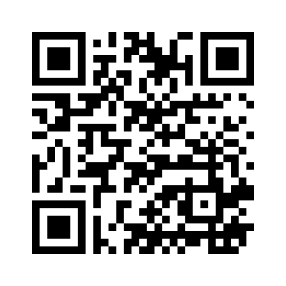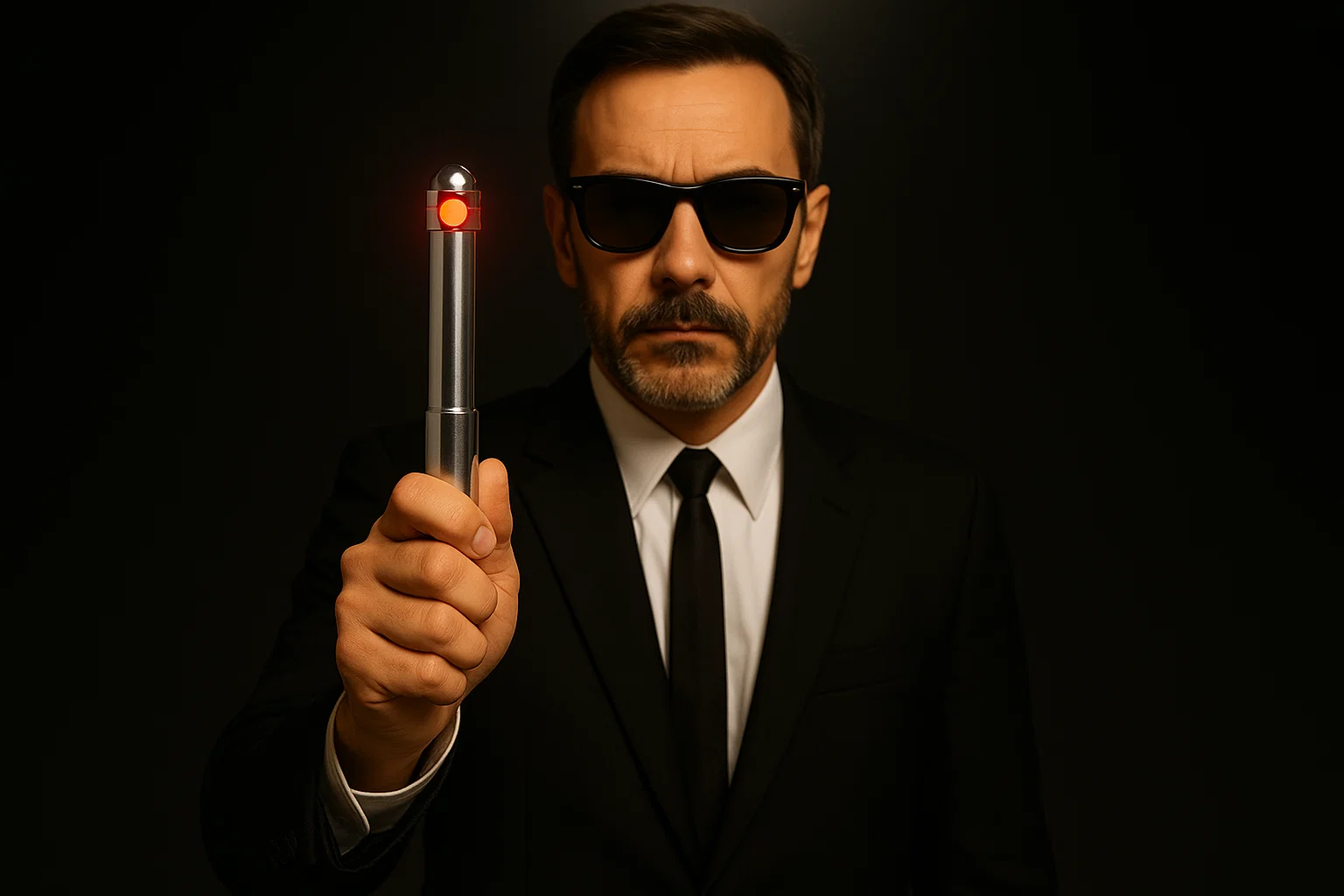Have you ever had a dream so vivid that when a similar event happens days later, you’re hit with a chilling sense of déjà vu? You’re left wondering: are dreams that predict the future a genuine phenomenon, or just a trick of the mind? This question lies at the heart of one of dreaming’s greatest mysteries.
Ready to explore your own dream world? Track and analyze your nights with Dreamly, the intelligent dream journal.
What Are Precognitive Dreams?
A precognitive dream is one that seemingly shows you information about a future event that you wouldn’t otherwise know. Unlike anxiety dreams about logical outcomes (like dreaming of failing a test you didn’t study for), true precognitive dreams appear to defy rational explanation. They are a cornerstone of paranormal lore and personal anecdotes throughout history.
The Scientific View: Are They Just Coincidence?
Before jumping to paranormal conclusions, science offers several compelling explanations for why some dreams appear to predict the future.
Coincidence and the Law of Large Numbers
With nearly 8 billion people on Earth dreaming several times a night, the sheer number of dreams is astronomical. The Law of Large Numbers suggests that, by pure chance, some of these billions of dreams are bound to match up with real-life events. It’s not magic; it’s math.
Cryptomnesia (Hidden Memories)
Your brain subconsciously absorbs vast amounts of information—a conversation overheard, a headline glimpsed. A dream might process this hidden memory and present it as a new, “prophetic” thought, when in fact the information was already there.
Subconscious Pattern Recognition
Your brain is a super-computer, constantly analyzing patterns to make predictions. You might have a dream about a friend’s car breaking down because your subconscious noted the strange sound the engine was making last week—a detail your conscious mind missed.
Exploring Precognition: The Case for Prophetic Dreams
While scientific explanations are powerful, they don’t satisfy everyone. Many deeply personal experiences with dreams that predict the future don’t seem to fit these logical boxes. The field of parapsychology attempts to study these phenomena.
Famous Anecdotes in History
History is filled with stories of prophetic dreams. Abraham Lincoln famously dreamt of his own assassination just days before it happened. Many people claimed to have had premonitions or dreams about the sinking of the Titanic before its maiden voyage. While impossible to verify scientifically, these stories continue to fuel the debate.
Parapsychological Research
Organizations like the Rhine Research Center have been studying extrasensory perception (ESP), including precognitive dreams, for decades. Their research, though often viewed as fringe science, seeks to find evidence for psychic phenomena under controlled laboratory conditions.

How to Analyze Your Own ‘Future-Telling’ Dreams
If you believe you’re having precognitive dreams, analyzing them objectively is key. Here’s how:
- Keep a Detailed Dream Journal: This is the most crucial step. Record your dreams immediately upon waking, before your memory alters the details.
- Be Specific and Honest: Write down exactly what you saw, not what you *think* it means. If you dream of a “crash,” don’t assume it’s a plane crash until you have evidence.
- Look for Symbols, Not Just Literals: A dream about a tsunami might not predict a literal wave but could be a warning about being overwhelmed by an emotional event.
- Verify with Reality: When a real event occurs that matches a dream, compare it to your journal entry. How close was it really? Was it a direct hit or a vague similarity?
Conclusion: A Bridge Between Mind and Mystery
So, are dreams that predict the future real? The truth is, there is no single answer. It’s a fascinating intersection of psychology, probability, and the genuinely unexplainable. Whether they are coincidences, subconscious calculations, or a true glimpse into the future, these dreams remind us that the human mind is a vast and mysterious territory. The most important meaning is the one that helps you navigate your own life with greater awareness.







